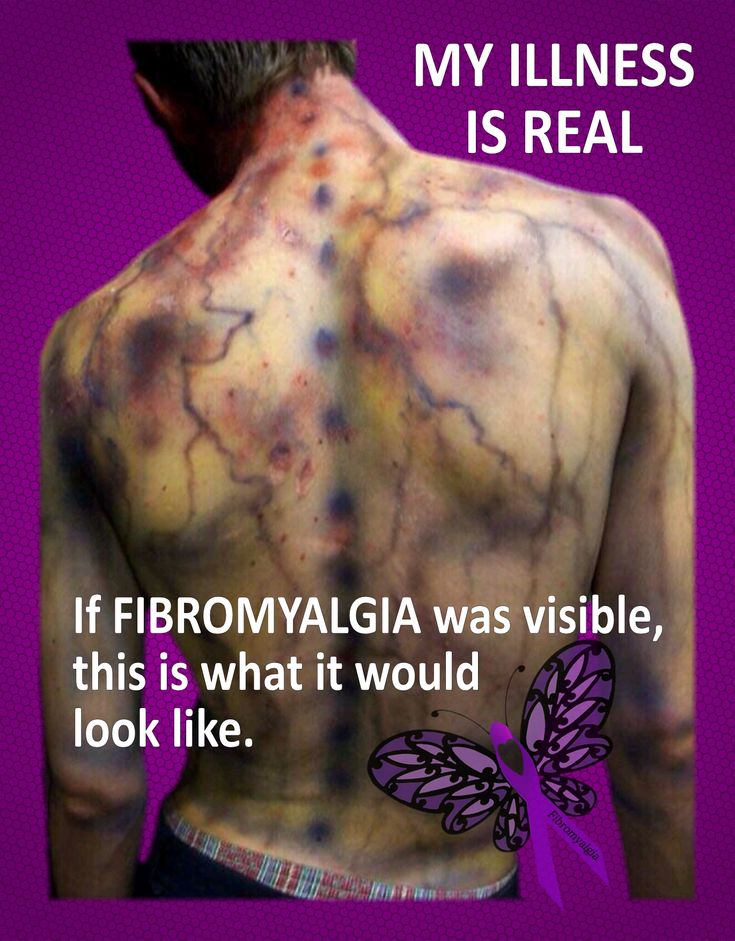+918048128529

This is your website preview.
Currently it only shows your basic business info. Start adding relevant business details such as description, images and products or services to gain your customers attention by using Boost 360 android app / iOS App / web portal.
Fibromyalgia is a chronic disorder characterize...

Fibromyalgia is a chronic disorder characterized by widespread musculoskeletal pain, fatigue, sleep disturbances, and tenderness in specific areas of the body. While there is no known cure for fibromyalgia, lifestyle changes can significantly help in managing its symptoms and improving overall well-being. It's important to consult with a pain specialist before making any significant changes to your routine. Here are some lifestyle changes that may be beneficial: 1. Regular Exercise: Engaging in low-impact exercises like walking, swimming, yoga, or tai chi can help improve muscle strength, flexibility, and overall fitness. Gradually increasing activity levels can prevent stiffness and reduce pain. 2. Healthy Diet: Focus on a balanced diet rich in fruits, vegetables, whole grains, lean proteins, and healthy fats. Some people with fibromyalgia find relief by avoiding certain foods, such as processed foods, caffeine, and artificial additives, which can exacerbate symptoms. 3. Stress Management: Stress can worsen fibromyalgia symptoms. Practicing relaxation techniques like deep breathing, meditation, mindfulness, or progressive muscle relaxation can help manage stress and improve sleep quality. 4. Adequate Sleep: Establish a consistent sleep routine and create a comfortable sleep environment. Poor sleep can amplify fibromyalgia symptoms, so prioritize getting enough restful sleep. 5. Pacing Activities: Listen to your body and avoid overexertion. Break tasks into smaller, manageable steps and take breaks when needed. Finding the right balance between activity and rest is crucial. 6. Supportive Relationships: Surround yourself with a supportive network of friends and family. Connecting with others who understand your condition can provide emotional support and reduce feelings of isolation. 7. Cognitive Behavioral Therapy (CBT): CBT can help you develop coping strategies and manage the emotional impact of fibromyalgia. It can be particularly helpful in dealing with pain, stress, and negative thought patterns. 8. Hydration: Drink enough water throughout the day to stay hydrated. Proper hydration can help maintain muscle function and support overall health. 9. Alternative Therapies: Some people find relief from fibromyalgia symptoms through alternative therapies such as acupuncture, massage therapy, and chiropractic care. Consult your healthcare provider before trying any alternative treatments. 10. Medication Management: Work closely with your healthcare provider to determine if medications, such as pain relievers, muscle relaxants, or antidepressants, are appropriate for managing your symptoms. 11. Temperature Control: Extremes in temperature can worsen fibromyalgia symptoms. Dress in layers to regulate body temperature and use heating pads or warm baths to ease muscle discomfort. 12. Avoid Overcommitting: Learn to say no and prioritize your well-being. Overcommitting can lead to increased stress and exhaustion, which can exacerbate fibromyalgia symptoms. Remember that each individual with fibromyalgia is unique, so it might take time to find the combination of lifestyle changes that work best for you. It's important to work closely with your pain specialist to create a comprehensive treatment plan tailored to your specific needs and preferences.

